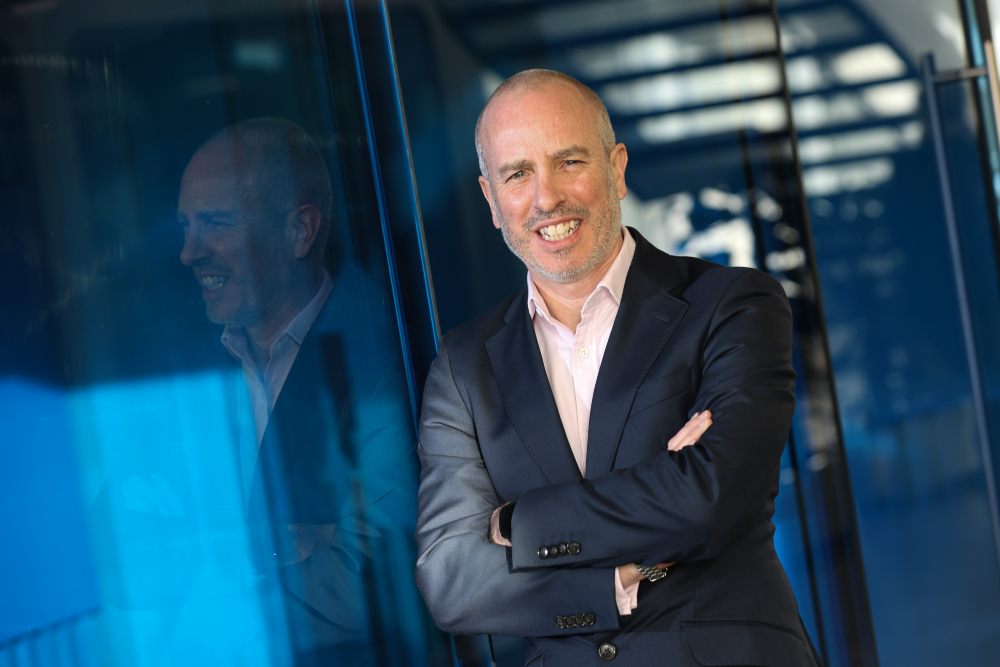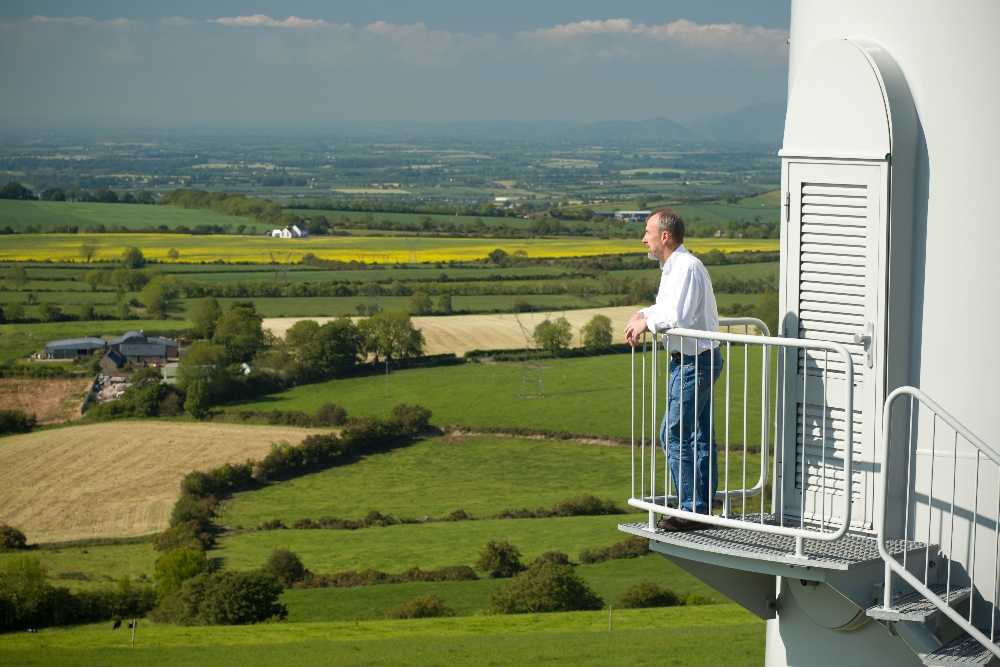Bank of Ireland has created a new green business hub to help its business customers transition to net zero.
The new Green Business Hub from Bank of Ireland has been created to help businesses figure out how to invest in a greener future through sustainable products, services and business models.
Ireland has a target to reduce carbon emissions (greenhouse gas emissions) by 51% by 2030 and to achieve a climate neutral economy by 2050.
“Climate change is one of the greatest challenges of our age. At Bank of Ireland, we are committed to helping our customers, colleagues and communities as they move to a greener world”
The hub points to the variety of supports that are available to help your business become more sustainable.
Grants and action plans
These include links to the various audits, training and grants available from the Sustainable Energy Authority of Ireland (SEAI).
It links to State resources compiled by the Citizens Information Bureau that includes supports from Enterprise Ireland, including the Green Transition Fund, the Energy Efficiency Grant and the Excellence in Energy Efficiency Design (EXEED) programme, to name a few.
It also links to the Climate Toolkit 4 Business, an online Government resource to help your business take climate action by creating a tailored climate action plan.
Not only that but it also links to various Bank of Ireland products and services aimed at helping businesses to go green including green business loans and the SBCI Energy Efficiency Loan Scheme.
The hub also connects with Bank of Ireland’s various strategic initiatives aimed at reducing its carbon footprint including its Sustainability Strategy, the Green Bond and the UN Science-based Targets that the bank has signed up to.
“Climate change is one of the greatest challenges of our age,” the bank stated. “At Bank of Ireland, we are committed to helping our customers, colleagues and communities as they move to a greener world.
“In line with the Irish and UK governments’ ambitions, we support the transition to a resilient, net-zero economy by 2050.”





